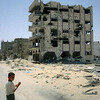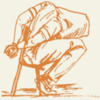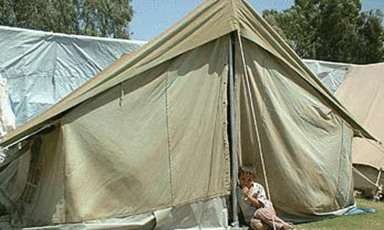One thousand days, more than 3000 people killed
26 June 2003
One thousand days of violence have killed just over 3,000 people (2,398 Palestinians and 704 Israelis) and left 28,000 injured (23,150 Palestinians and 4,849 Israelis) in Israel and the Palestinian Autonomous and Occupied Territories. This is the human toll since the second Intifada started on September 29, 2000, according to figures from the Palestine Red Crescent (PRCS) and Magen David Adom (MDA), Israel’s equivalent of a Red Cross or Red Crescent Society. Read more about One thousand days, more than 3000 people killed







